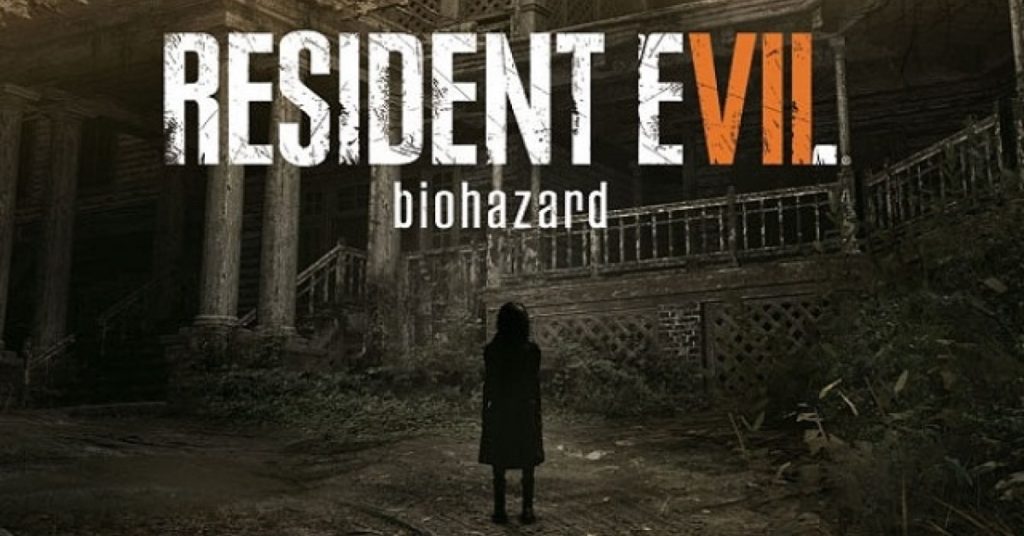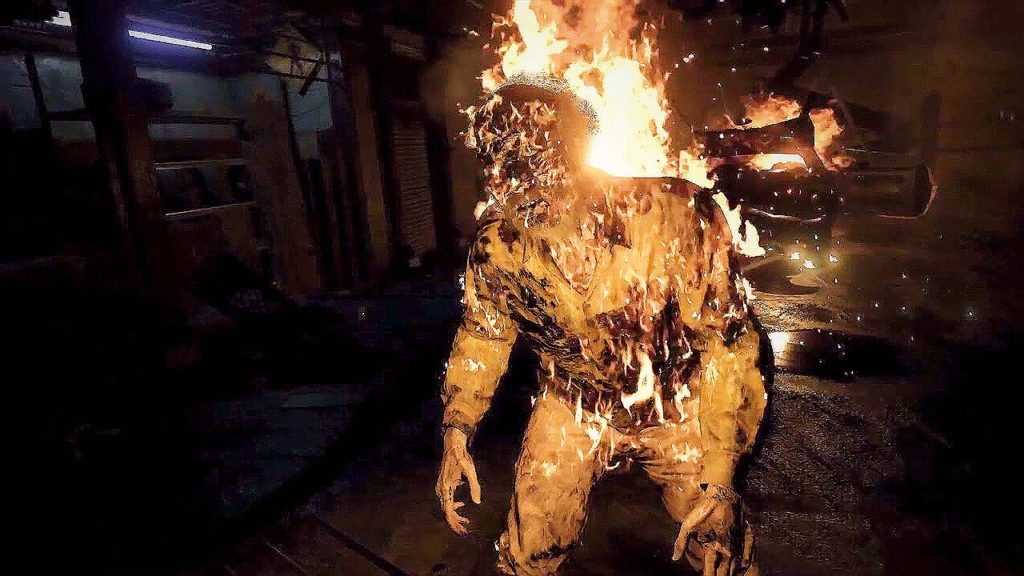
Capcom has followed their system of switching up the franchise’s formula every 3 games and wow does this work in its favour. Resident Evil 7: Biohazard, or Biohazard: Resident Evil as it’s known in Japan, is the latest entry In Capcom’s Resident Evil franchise. After a bad taste was left in everyone’s mouth following the release of “Umbrella Corps” it’s safe to say that everyone was going into this one with a slight scepticism. I’m glad to say that Capcom managed to deliver a game that’s as much classic Resi as it is scary (and believe me it’s plenty scary).
Many have said this is the best game since Resident Evil 4, and this is true for the most part; with the emphasis placed once more on puzzle-based exploration and inventory management rather than mowing down hordes of the undead, I’d argue it fits in more closely with the first three instalments. The biggest worry of many fans ironically became the game’s biggest selling point, as the game’s first-person perspective, which was a notable departure from the fixed camera angles and over-the-shoulder action of previous instalments, brings some of the most immersive gameplay that the series has featured to date.

You play as Ethan Winters as every man who goes in search of his wife who has been missing for three years. Your search leads you to the Baker Mansion, a residence which starts off in the claustrophobic rooms of the guest house but soon opens up into a puzzle filled environment reminiscent of the Spencer Mansion featured in the original Resident Evil. This latest iteration of the acclaimed horror franchise has quite clearly drawn inspiration from other successful horror games released over previous years, with Alien: Isolation, Outlast, and P.T. all springing to mind. Despite this, it moulds the current genre trends into something which feels definitively resident evil. Between the seemingly un-killable Bakers who stalk you around the corridors of the house, to the grotesque “Hollowed” which act more like classic Resident Evil zombies, the game never allows you to feel overpowered.
Like many, I was worried that the franchise I grew up with would be an unrecognisable mess, ditching everything that made the series great and becoming a more generic horror experience. Imagine, then, my surprise as I found my first herb and encountered my first puzzle: a shotgun which caused a metal door to swing closed whenever you pick it up. These fundamentals have admittedly gone through an overhaul, with the herb-mixing mechanic being replaced by “chem fluids”, combining these with either herbs or gunpowder to create health items or bullets, respectively (although try not to think about where the bullet casings and bottles are coming from). As you explore the Baker mansion you will go through the standard Resident Evil arrangement of starting with a pistol and working your way all the way up to a grenade launcher. all the while I found myself questioning what guns to take with me and when to use my ammo. I realised that this is exactly what the series is all about.
The game’s visual style is extremely far removed from that which has come before but that isn’t necessarily a bad thing. The clean and well-kept halls of the Spencer mansion are paralleled here with a gross yet seemingly lived-in environment. Puzzle doors which would once have an image or engraving indicating the needed key now have animals literally nailed to said door. All menus and note reading now take place in real time, meaning that if you are getting stalked by one of the Baker Family, choosing to read a note or check your inventory can potentially mean death, adding to the psychological fear that permeates the game. Many will notice that the game is once again a single-player experience, dropping the co-op which was introduced in instalments 5 and 6, games which are largely considered the worst in the franchise. I have mixed feelings about this change; on the one hand, it’s a hundred times scarier and feels a lot more akin to traditional games in the franchise, but I am ashamed to admit I kind of enjoyed the couch co-op element which was introduced in previous games.
Regardless of which game in the franchise is your personal favourite, mine being 2, I feel that this is a game that belongs in everyone’s gaming collection. The game functions both as a standalone title and as a very real entry in the franchise, with it taking place four years after Resident Evil 6. Whether you’re looking for the next entry in the classic franchise or something to scare the life out of you, this game is certainly worth a buy.
